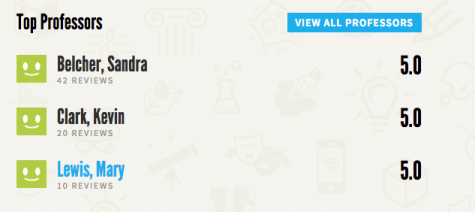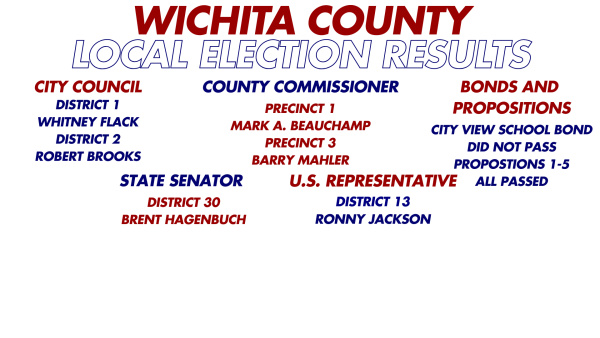Ratings site provides students with anonymous information on instructors
The first semester of college can bring an abundance of different emotions to first-time students. They can experience fear, happiness, relief, and stress. The stress a student may experience can also be heightened when choosing what courses to take and which professors to teach them. That’s where rating websites such as Rate My Professors come in.
Rate My Professors is a website started in May 1991 by three software developers named John Swapceinski, Michael Hussey, and Patrick Nagle. The website was originally called TeacherRatings.com, but changed to RateMyProfessors.com in 2001. Rate My Professors gives students an anonymous platform for giving out their opinions on teachers, their teaching styles, and the courses overall. The features that Rate My Professors provide are quality rankings from 1-5, level of difficulty rankings, anonymous commenting, an option for the commenter to say whether they would take that course again, and an option to select up to three tags that describe the professor such as “Tough Grader,” “Skip Class? You Won’t Pass,” and “Lecture Heavy.”
“I do see the benefits to websites like this,” English sophomore Dallas Wabbington said. “It’s true that everything [on Rate My Professors] might not be accurate, but it’s the closest thing to accuracy we can get from one student to another.”
By providing a grounds for anonymous ratings, websites like Rate My Professors have also been the center for criticism. For example, earlier this year the chili pepper rating that was used to rate a professor’s looks has been taken down. A tweet sent out by Twitter user @McLNeuro, an assistant professor of neurology and pharmacology at Vanderbilt University, called out the website’s feature for encouraging the objectification of women. After the tweet had garnered more than 2,900 retweets and 15,000 likes, the official twitter account for Rate My Professors announced that the chili pepper feature would no longer be available and claimed that the feature was only “meant to reflect a dynamic/exciting teaching style.”
Dear @ratemyprofessor
Life is hard enough for female professors. Your ‘chili pepper’ rating of our ‘hotness’ is obnoxious and utterly irrelevant to our teaching.
Please remove it because #TimesUP and you need to do better.
Thanks,
Female College Prof— McLNeuro (@McLNeuro) June 26, 2018
Another criticism that Rate My Professors has faced is whether the website is reliable enough or if the students will make a negative assumption about their professors before they even take the course.
“People make assumptions about professors when they read [reviews],” assistant theater professor Sally Story said. “When I was first starting out teaching I had some students that were unusually cruel.”
These negative reviews also included comments that were mainly focused on the teacher’s looks and personality.
“It went from comments about how I looked, to how I talked, to just everything. Some of these comments are just completely inappropriate,” Story said.
Although Story received a “fairly well” rating on Rate My Professors with comments and tags describing her as “Hilarious” and saying she “Gives Good Feedback,” Story believes that students should be cautious about what they read.
“You have to take it with a grain of salt with these websites. Ultimately you usually don’t know the person who is posting it, and I think it’s best to talk to a multitude of people in person and be like ‘what was your experience, or why do you feel that way?'” Story said.
Sandra Belcher, assistant mathematics professor, received the highest score of all professors on campus. Belcher also believes that caution should be taken with these websites.

“The students that look at [the reviews] always have to keep in mind that students who do take the time to log onto that website and post something probably feel strongly one way or the other,” Belcher said. “They have to just think about the motivation of anybody that leaves a rating on one of those websites.”
Even though there have been numerous attacks against Rate My Professors, there are also some benefits for students who choose to use this website.
“It gives [students] expectations going in of what to expect from that professor,” Belcher said. “Studying habits, how much homework is expected, what the grading may be of the professor, just things like that. Things to know so that they’re not walking into this strange person’s [room] that they’ve never seen before and have no clue what to expect. It gives them some expectations.”
CLARIFICATION: An earlier version of this story didn’t indicate that the table labeled “Top Professors” came from RateMyProfessors.com. It is not data obtained by The Wichitan.










